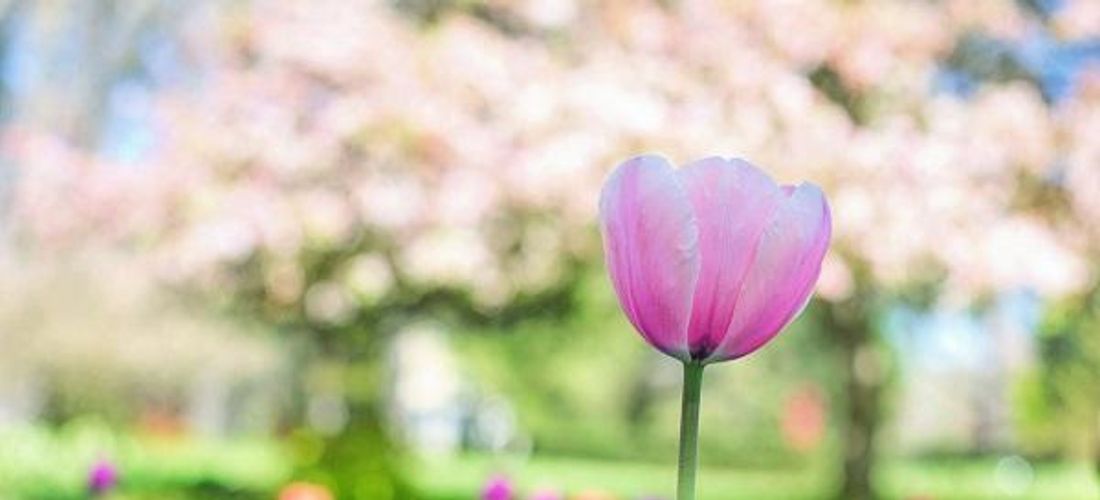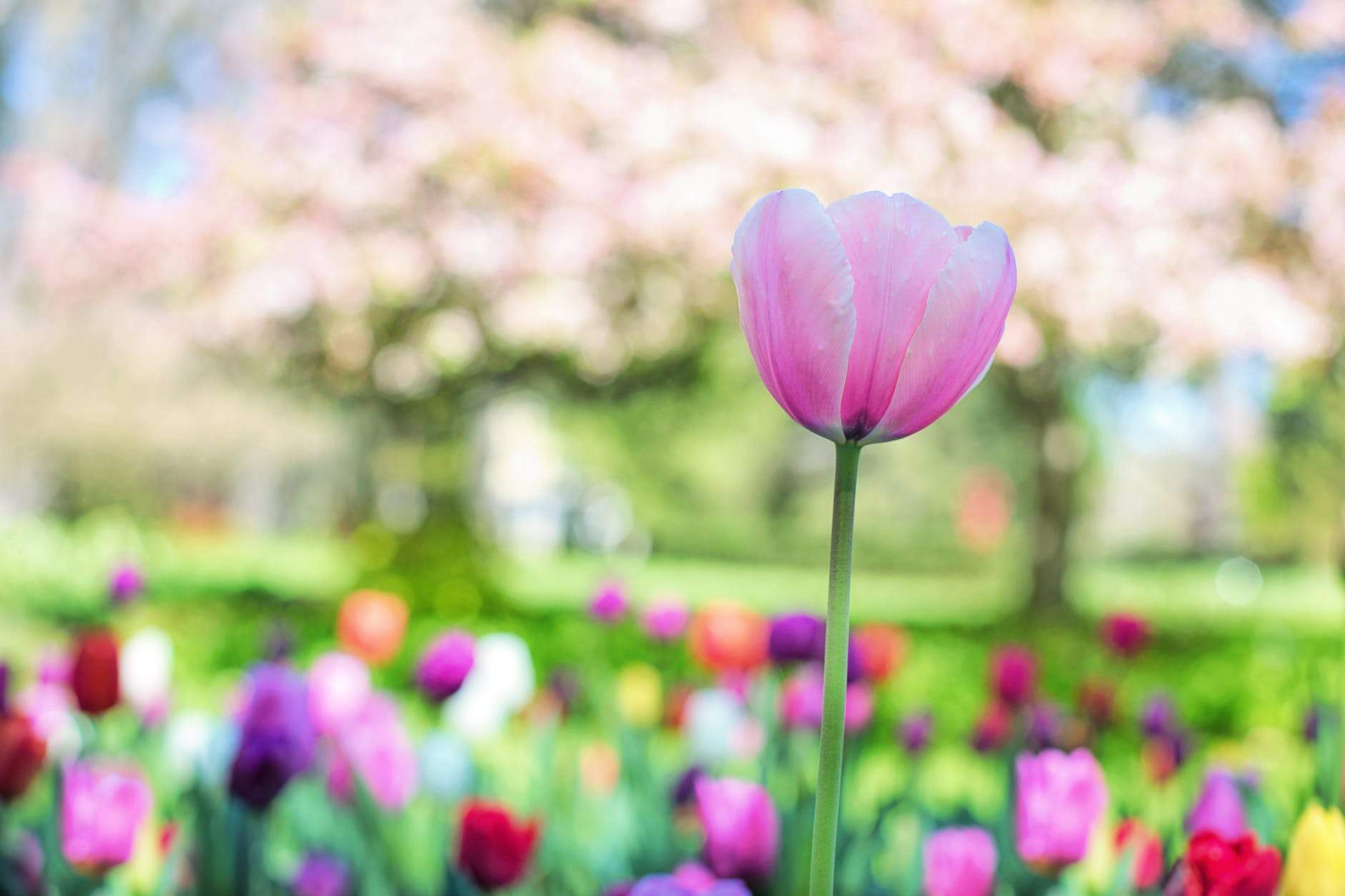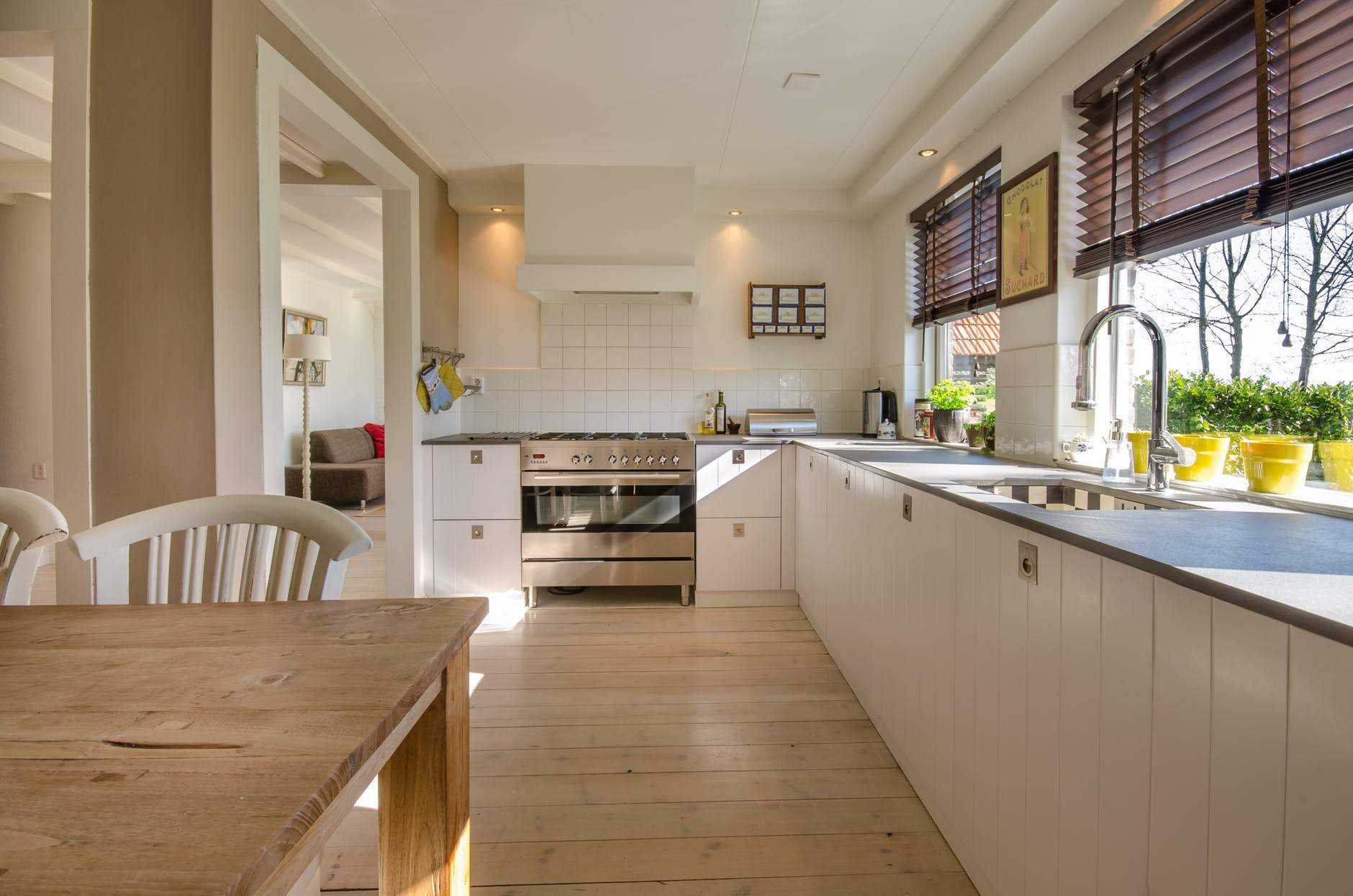The Islamic Case For Spring Cleaning Our Homes
Lifestyle
|
Mar 21, 2019
|
4 MIN READ


Ah, spring! The season of renewal – when the birds are chirping again, the leaves come back, flowers are blooming, the weather is warming up and people come out of their winter hibernation! Of course we are only venturing into our own yard or walks in our neighborhood, but that's still something! It’s also the most popular time for spring cleaning, now more than ever. You're seeing a few posts about this on our blog, as we talk spring cleaning our faith, our hijabs/wardrobes and now, our homes.
Spring cleaning our homes is a [sometimes] daunting but necessary task many of us undertake every year. As if the Marie Kondo special on Netflix is not enough of a motivation to tackle cleaning and reorganizing our homes, Islam also has a lot to say on cleanliness.
As Muslims, our standard of cleanliness and personal hygiene should be extremely high. In Islam, good personal hygiene is required at all times; in fact, our physical purity is very much tied with our spiritual purity. Think about it: We must make wudu (abulations) before we pray and are required to perform a ritual washing (ghusl) after a woman's period ends or after engaging in physical intimacy.
It is a Sunnah to clip our nails, make ghusl, and don clean clothes before going to Jummah (Friday) prayers and to always smell good and fresh. One of the requirements for one’s salah (prayer) to be valid is the cleanliness of the space in which you pray on. Abu Dharr reported that the Prophet (S) said:
“Whoever takes a bath on a Friday and does it well, and purifies himself and does it well, and puts on his best clothes, and puts on whatever Allah decrees for him of the perfume of his family, then comes to the mosque and does not engage in idle talk or separate (pushing between) two people; he will be forgiven for (his sins) between that day and the previous Friday.” (Ibn Majah and authenticated by Al-Albani)
All you need is a quick google search of “cleanliness and Islam,” and you’ll find a litany of ways Islam encourages/requires Muslims to be clean. Cleanliness isn’t limited to our physical bodies. The Prophet (S) said, “Cleanliness is half of faith.” And, what better way to do a clean sweep of our homes – our most personal spaces – than with SPRING CLEANING!

Tackle your home one space at a time, and be thorough. It’s time-consuming, but it will save you so much time in the long run if you set yourself up for success the first time. Consider the KonMarie method of tidying. I feel like it’s very much in line with Islam’s teachings, not just on cleanliness, but in the philosophy of living a minimal and meaningful life. By setting up our spaces with only the things we love and need, we create more space in our lives to enjoy each other and be a active members of our communities.
It also makes us more aware of what we have and what we truly need/want in our homes, which makes us more conscious consumers that are inclined to waste less – yet another important part of Islam. She also encourages us to make use of what we have and to be resourceful, even in our organization systems. You don’t need to own the prettiest bins to have a clean and organized place – just use the boxes you have!
Her method isn’t just physical; it’s very much a philosophy of life that aligns with the prophetic way.
If KonMarie is not for you, that’s fine! Just tackle your space in a way that helps you and your family maintain a fresh and clean environment. Your life will change … and I think that’s why tidying up and uncluttering has become such a big trend. As a society, we’re drowning in material things and drowning in lists of things we still feel like we still need to buy or do. Our cluttered spaces lead to cluttered minds and anxiety – ask any woman you know and guaranteed most will complain that it feels like they have 435949 tabs open in their brain.
Designate a Space for Prayer and Reflection
When spring cleaning your home, consider designating a spot for prayer and reflection. Now, more than ever, we should have a place that's specially tailored for worship in our homes, with our masajid closed. Perhaps add a shelf for Qurans and other Islamic books and even a plant or two to create a peaceful atmosphere. A clean prayer space will be inviting, and make prayer an even sweeter solace from our daily lives – a spot in our homes where our families feel at ease.
Maybe you already have a designated pray area in your home. Is it tidy? Are the prayer mats folded in a neat stack or maybe rolled and kept in a tall wicker basket? Keeping it simple, organized and tidy will Insha'Allah help you feel more clarity in your mind when praying.
And, because a prayer space will naturally be kept clean, it'll also be motivation to keep the rest of your house looking and feeling the same way. Our homes are sacred spaces, and as we learn to treat them as such, we'll start feeling more at ease.
The Importance of Self-Discipline
While this is an extensive topic in its own right, we can’t talk about cleanliness and organization without talking about self-discipline. Prioritize your space, and prioritize your body – and teach your families to do the same. It will lead to simpler, happier lives. More importantly, it will spill over into other aspects of your life, like your faith, your work and your social life.

Islamically, we are encouraged to live as clean as possible in all aspects of life, from eating, sleeping, praying, showering, traveling - you name it. But we’re human, and we have so many responsibilities in our day-to-day that the cleanliness or organization of our spaces sometimes fall through the cracks. Sometimes, spring cleaning can be such a daunting thing, but don’t approach it that way. Instead, approach spring cleaning as an annual reset button.
Just like Ramadan is a time for us to “reboot” our faith, I see springtime as the perfect time to reboot our homes and priorities. Best of all, Ramadan is right around the corner, so getting a headstart on spring cleaning will free your time for prayer and worship once the holy month begins!
Happy spring cleaning!
Subscribe to be the first to know about new product releases, styling ideas and more.
What products are you interested in?

